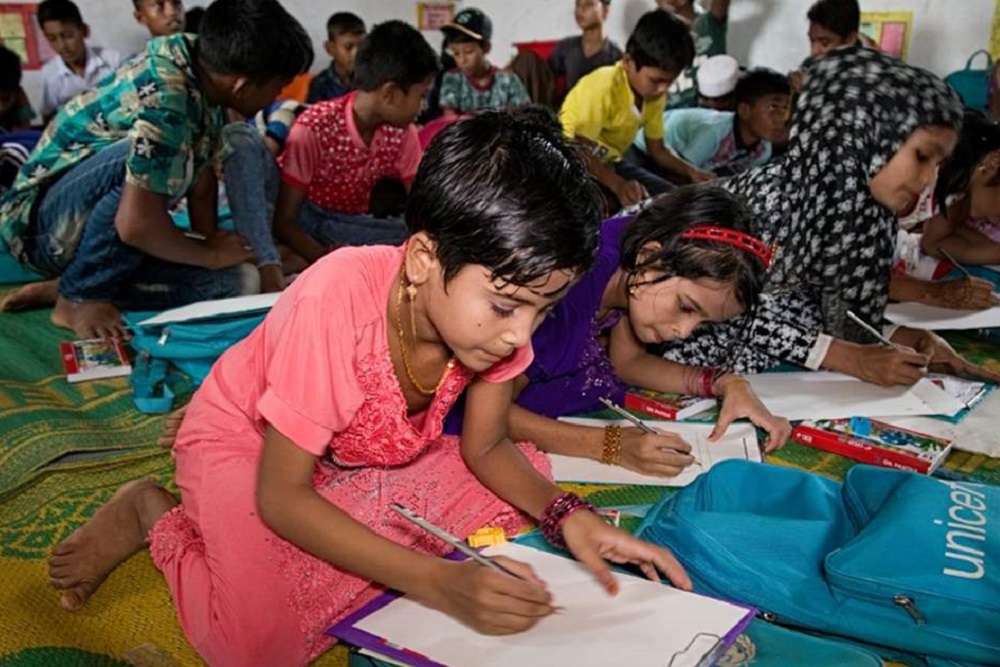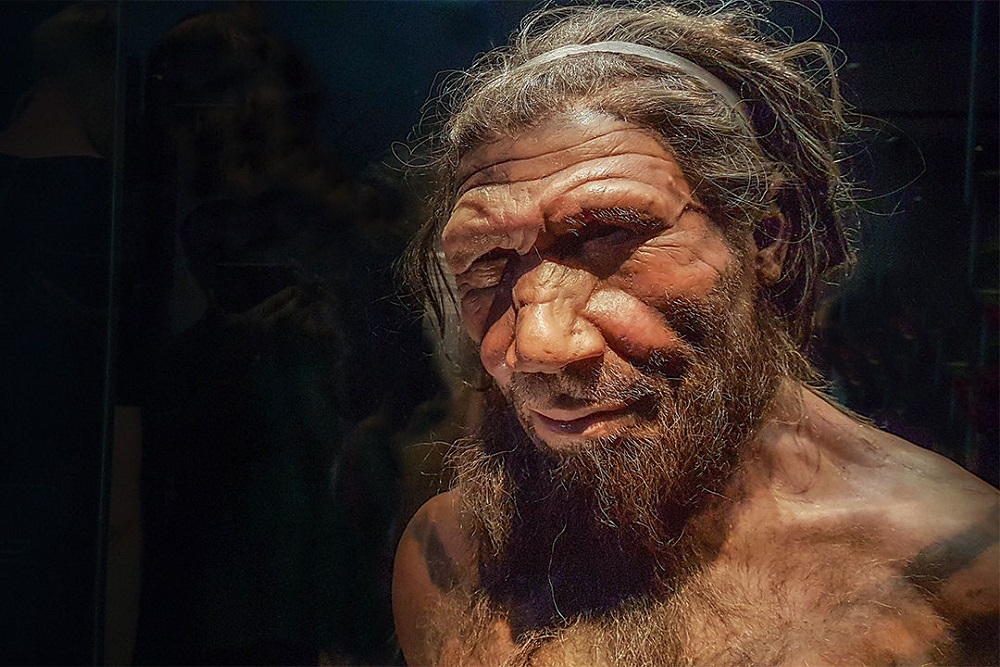Bangladesh has announced it will lift restrictions on education for Rohingya refugee children, easing bans in place since the existing camps were established 30 years ago.
The announcement noted it would offer schooling and skills training opportunities to Rohingya refugee children, two and a half years after they were forced to flee Myanmar in 2017.
Bangladesh officials stated that starting from April, a pilot program led by the UNICEF and Bangladesh government will initially enroll 10,000 Rohingya refugees children up to the age of 14 in the sixth to ninth grades.
The official added that they would be taught with the Myanmar school curriculum, and the youth can receive skill training.
Primary education would be provided to over 145,000 children by a network of 1,600 UNICEF-run small learning centers in the refugee camps in southeastern Bangladesh.
Bangladesh reportedly hosts more than one million Rohingya, nearly half of whom are children, and have been living there since they fled persecution in Myanmar.
Notably, more than 700,000 ethnic Rohingya fled to Bangladesh in 2017 after Myanmar’s military carried out a series of operations that the UN described as having “genocidal intent” against the minority.
Masud bin Momen, Bangladesh’s Foreign Secretary, said the Bangladesh government had felt the need to keep Rohingya refugee children’s hope for the future alive with extending education and skills training to them.
To date, only one-third of Rohingya refugee children can access primary education through temporary learning centers run by international agencies.
International organizations reaction
Several human rights groups and activists have applauded and welcomed Bangladesh’s decision to lift restrictions on education for Rohingya refugee children.
The United Nations was delighted with the decision of the Bangladesh government. It released a statement saying the UN and humanitarian community praised the decision.
The UN statement read:
We believe this is a positive step and a clear indication of the commitment by the government of Bangladesh to ensure access to learning for Rohingya children and adolescents, as well as to equip them with the right skills and capacities for their future and return to Myanmar when the conditions allow.
Amnesty International also applauded the decision, noting it is an essential and very positive commitment by the Bangladeshi government.
Saad Hammadi, South Asia Campaigner at Amnesty International, said its organization is pleased the decision to allow the Rohingya refugees children to access schooling and chase their dreams for the future.
According to him, they have lost two academic years already and cannot afford to lose any more time outside a classroom.
Sawyedollah, an activist, noted the decision had revived his wavering faith in the humanitarian community after several years of campaigning on Rohingya rights in Myanmar or Bangladesh without any improvement.
Médecins Sans Frontières (MSF) also reported Bangladesh’s policy was influenced by its belief that providing schooling was a “stay factor” for refugees that it wanted to repatriate to Myanmar.
Rohingya refugee reaction
Rahima Akter, a 21-year-old Rohingya refugee who was expelled from Cox’s Bazaar International University because of being “Rohingya,” expressed joy over the decision.
She praises the Bangladesh government for allowing Rohingya children to get an education, which is the fundamental human right of every citizen in every country.
Khin Maung, head of the Rohingya Youth Association, said he appreciated the government’s steps but hoped they would also consider allowing education for Rohingya over 14.
He requested they be allowed to study in private universities or for higher education facilities to be set up near the camps that could serve both refugees and local people.
Notably, last week, the International Court of Justice (ICJ) ordered Myanmar to take emergency measures to protect the Rohingya population from genocide.







